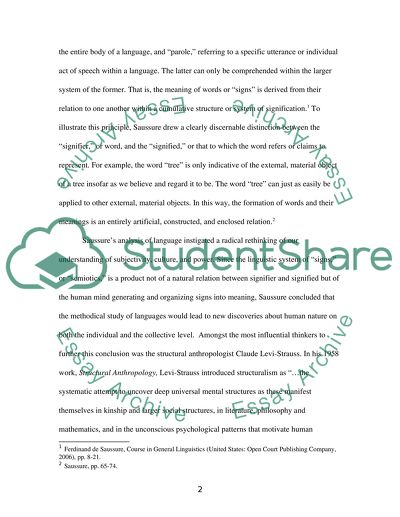Cite this document
(Language and Ideology Essay Example | Topics and Well Written Essays - 2750 words, n.d.)
Language and Ideology Essay Example | Topics and Well Written Essays - 2750 words. https://studentshare.org/humanitarian/1508051-language-and-ideology
Language and Ideology Essay Example | Topics and Well Written Essays - 2750 words. https://studentshare.org/humanitarian/1508051-language-and-ideology
(Language and Ideology Essay Example | Topics and Well Written Essays - 2750 Words)
Language and Ideology Essay Example | Topics and Well Written Essays - 2750 Words. https://studentshare.org/humanitarian/1508051-language-and-ideology.
Language and Ideology Essay Example | Topics and Well Written Essays - 2750 Words. https://studentshare.org/humanitarian/1508051-language-and-ideology.
“Language and Ideology Essay Example | Topics and Well Written Essays - 2750 Words”. https://studentshare.org/humanitarian/1508051-language-and-ideology.


